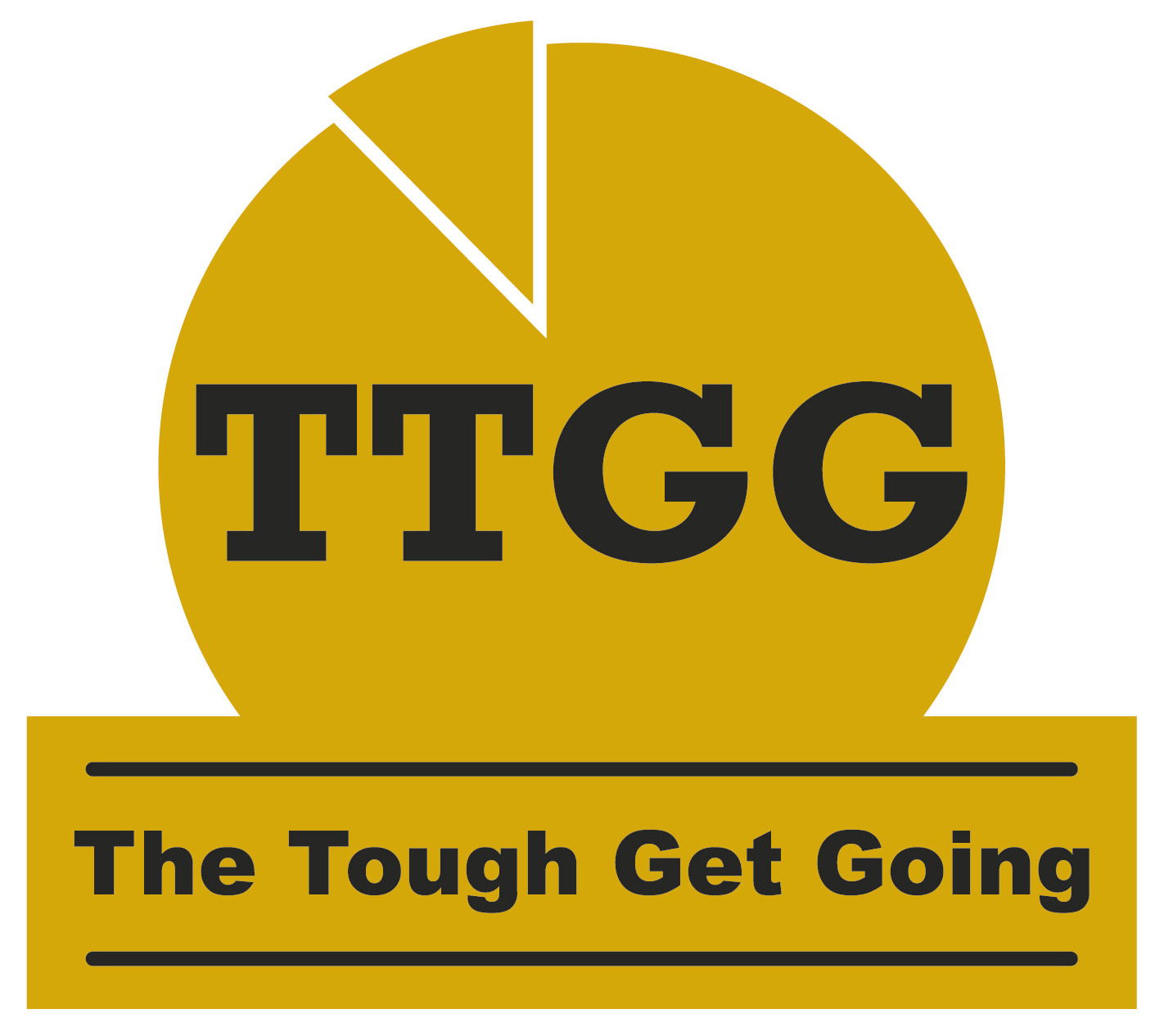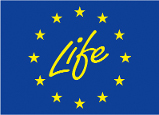REFERENCE CODE: LIFE 16 ENV/IT/000225 – LIFE TTGG
EXTENDED TITLE: LIFE The Tough Get Going (LIFE TTGG)
DURATION: July, 3rd 2017 to June, 30th 2021
TOTAL AMOUNT: 2,148,987 €
EU CONTRIBUTION: 1,270,869 €
The context
To limit global warming, in the coming decades, the reduction of Greenhouse Gas (GHG) emissions will have to be substantial and should cover all productive sectors. The energy sector holds the main responsibility for direct global emissions, while the agricultural sector is responsible for 10-12% of total GHG emissions worldwide. Based on actual population growth projections, food consumption will increase, and the GHG emissions from agricultural activities will rise without action.
The European dairy sector represents one of the principal players globally in terms of both importation and exportation. It is a crucial creator of wealth and jobs in the European Union. However, suppose we consider the environmental impacts of this sector. In that case, its key role in GHG emissions should not be underestimated (nearly 40% of total emissions are linked to ruminant enteric fermentation).
Italy and France are big European cheese producers (France takes second place after Germany, and Italy takes sixth place after Germany, France, the UK, Poland, and the Netherlands). Solutions are needed to improve Italian, and France cheeses supply chain efficiency and to analyse and reduce their Product Environmental Footprint (PEF). More sustainable production and consumption is achievable only considering the whole supply chain of products, including waste management. According to some studies, the waste of food products for human consumption touches very high percentages, and up to one-third of edible food produced is lost every year.
The European Commission has produced rules based on the Life Cycle Assessment approach to identify “hot spots” in the production chain that may introduce opportunities for simultaneously lowering environmental impacts and improving efficiency and profitability. The European Commission has even produced different reference documents on Best Available Techniques (BAT) for food, drink, and milk industries.
The project
The project LIFE TTGG – The Tough Get Going (meaning “tough” the hard and semi-hard cheeses covered by the project) arises from the collaboration among universities, start-ups, manufacturing companies, Italian and French institutions, and research organizations. Through this synergy, the partners aim to improve the cheese production processes efficiency of Grana Padano and Comté, transfer the findings to Europe, reduce environmental impact, and thus achieve more sustainable production and consumption.
In particular, the proposed project intends:
-
to apply the Recommendation 2013/179/EU and its Product Environmental Category Rules (PEFCR) for Dairy products to evaluate environmental performances of two different PDO (Protected Designation of Origin) cheeses in their entire lifecycle. These are the Grana Padano PDO cheese (one of the country’s best-known and mostly widely-consumed cheeses, it accounts for approximately 24% of total milk output in Italy, with 183,000 tonnes produced in 2015) and Comté (the 1st DOP French cheese with a production of 65.600 tons in 2017);
-
to develop a database (LCI – Life Cycle Inventory) used by companies to simplify the calculation, reduce time and efforts in the Product Environmental Footprint assessment, in compliance with the Product Environmental Category Rules (PEFCR) for Dairy products
-
to develop an Environmental decision support system (EDSS) available for all EU PDO cheese product (hard and semi-hard cheeses made from cow’s milk) aimed at Environmental Footprint calculation and reduction appraisal;
-
to apply the proposed Best Available Techniques in the entire supply chain (“from cradle to grave approach”, from agricultural stage to the end of life operations) by the implementation of dedicated software, in order to identify, describe and assess on real cases the impact of technical solutions for resource efficiency and environmental impacts reduction. Together with its guidelines, the software will be translated in 4 languages (Italian, French, English, Spanish).

